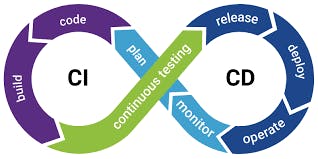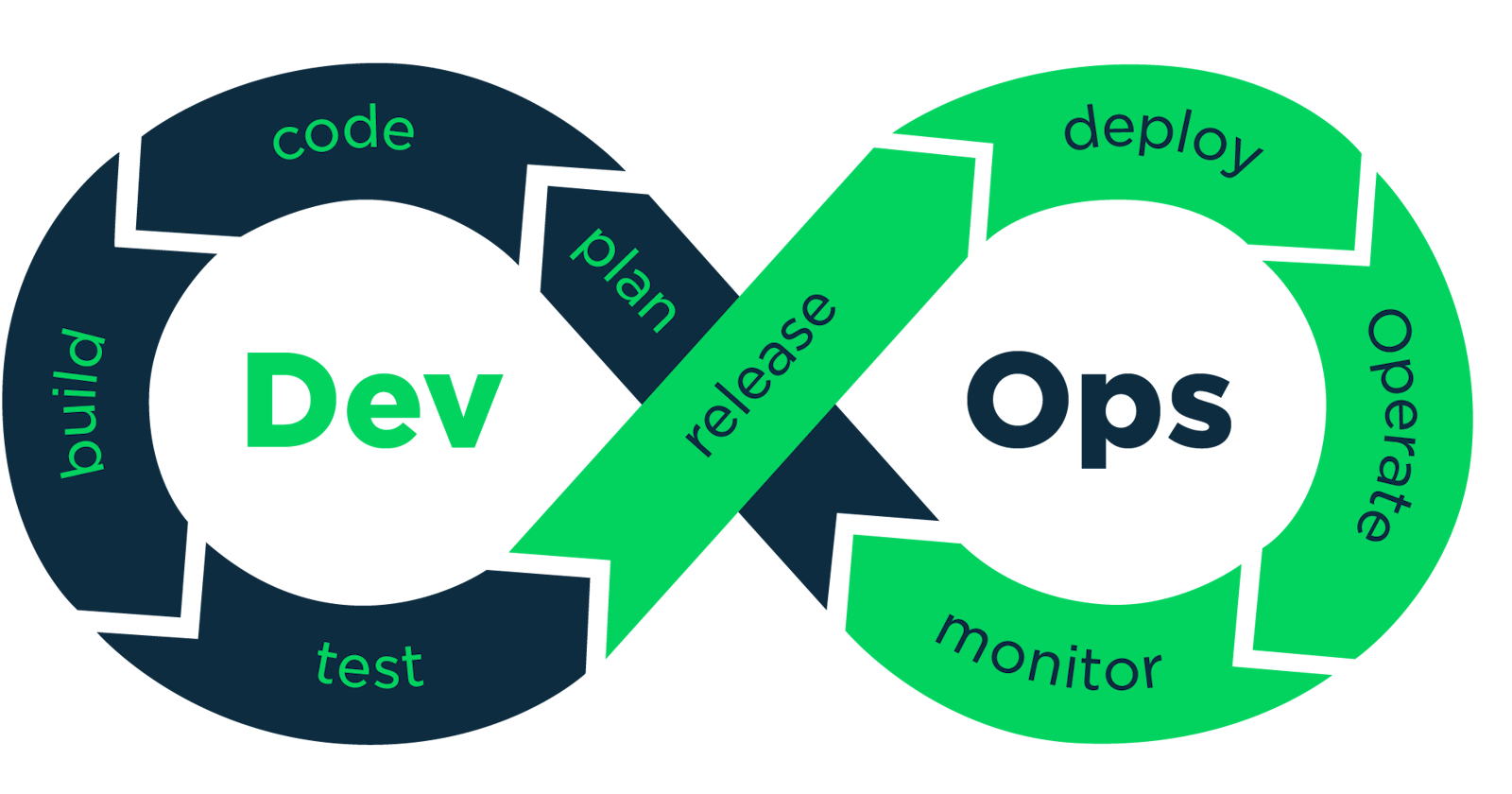It is a philosophy that emphasizes collaboration and communication between development and operations teams in order to streamline the software development process and improve the overall quality of the product. In this article, we will explore the basics of DevOps, its benefits, and how it can be implemented in a business environment.
One of the fundamental principles of DevOps is the integration of development and operations teams. In traditional software development models, these two teams often worked with little communication or collaboration between them. This often led to delays, misunderstandings, and a lack of accountability. DevOps changes this by bringing the two teams together, encouraging them to work closely and share knowledge and expertise.
Another key principle of DevOps is the use of automation. Automation is used throughout the software development process, from testing and deployment to monitoring and maintenance. This helps to reduce errors, improve efficiency, and increase the speed at which new features can be delivered to customers. Additionally, automation helps to make the process more repeatable and consistent, which is crucial for maintaining high quality standards.
DevOps also places a strong emphasis on continuous integration and continuous delivery (CI/CD). These practices involve continuously integrating new code and continuously delivering new features to customers. This allows for faster and more frequent releases.

The benefits of DevOps are many. For one, it helps to improve the quality of the product, by catching errors and bugs early in the development process. Additionally, it helps to speed up the delivery of new features and updates, which is crucial for staying competitive in today's fast-paced business environment. Furthermore, DevOps helps to improve collaboration and communication between teams, which leads to increased productivity and a more positive work culture.
Implementing DevOps in a business environment can be challenging. The first step is to ensure that all stakeholders understand the philosophy and principles of DevOps. It is important to have buy-in from both the development and operations teams, as well as management. It is also important to have the right tools to support automation and CI/CD. Additionally, it is crucial to establish a culture of continuous improvement and learning, in order to keep up with the fast-paced nature of software development.
